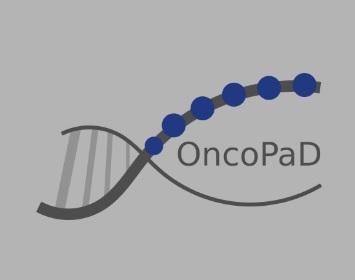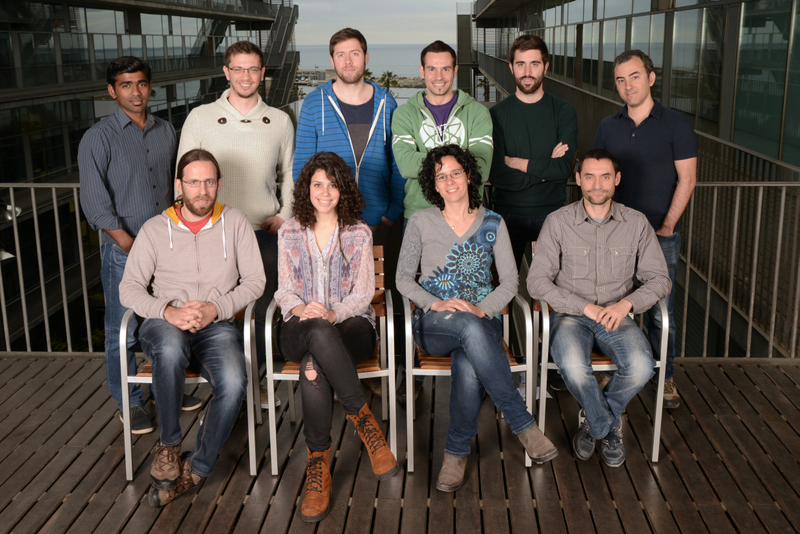A web tool to help detect cancer mutations

The correct treatment and diagnosis of cancer increasingly depends on patients’ genetic analysis. In this analysis, we look for alterations in the patient's tumour DNA, called mutations, which may have a diagnostic, prognostic or therapeutic value for the disease. In order to identify these mutations, tumour DNA sequencing is required, either covering the whole genome, its exome (i.e., the functional part of the genome) or just certain genes or gene regions, that are included in panels. Panel sequencing has advantages over whole genome/exome sequencing, since as well as having a better cost/benefit ratio, the panels detect fewer false positives thanks to their greater sensitivity.
There are sequencing panels predesigned and marketed by several companies, but they are commonly unspecific panels, as they are designed to sequence any type of tumour. The cost/benefit ratio of these panels for responding to specific questions, such as the early diagnosis of a particular type of tumour is usually low, since most of the genomic regions included are irrelevant. Researchers or clinicians increasingly decide, therefore, to design panels specifically tailored to the question they seek to answer. In order to list the appropriate genes or gene regions in the panel –that is to say, to design the panel-, the researchers need to conduct a thorough search in previous scientific studies and integrate information from databases that appear scattered on the internet. Moreover, it is very difficult to estimate in advance the cost/benefit ratio of the panel designed in the patient group of the cancer of their interest.

To solve these problems, the research group on Biomedical Genomics of the Research Programme on Biomedical Informatics (GRIB), a joint programme between Pompeu Fabra University and the Hospital del Mar Research Institute (IMIM), have developed OncoPaD. This is the first web tool open to the entire scientific community for the design of cancer sequencing panels that take into account the relevant prior knowledge about the type of tumour and whose estimated cost/benefit ratio can be adjusted by the researchers.
“Through a simple and intuitive interface, OncoPaD identifies which genes or regions are the best candidates for the design of a specific panel, based on the known association between genes and cancer development mechanisms or drug response against it and maximizing its cost/benefit ratio”, says Carlota Rubio-Pérez, author of the study and published in the journal Genome Medicine describing the tool. According to the research leaders, Abel González-Pérez and Núria López-Bigas, “given the important need that it covers and the ease of its use, OncoPaD should become a commonly used tool by clinical and translational oncology researchers”.
Reference work: Rubio-Pérez et al. Rational design of cancer gene panels with OncoPaD. Genome Medicine. 2016 Oct 3. doi:10.1186/s13073-016-0349-1
